Scientific Methods
Filter by
SubjectRequired *
LanguageRequired *
The language used throughout the course, in both instruction and assessments.
Learning ProductRequired *
LevelRequired *
DurationRequired *
SubtitlesRequired *
EducatorRequired *
Results for "scientific methods"
 Status: PreviewPreviewU
Status: PreviewPreviewUUniversity of Arizona
Skills you'll gain: Biology, Life Sciences, Chemistry, Physical Science, General Science and Research, Research, Environment, Environmental Science, Scientific Methods, Microbiology
4.9·Rating, 4.9 out of 5 stars516 reviewsBeginner · Course · 1 - 3 Months
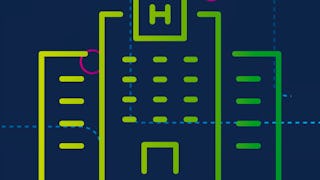 Status: Free TrialFree TrialI
Status: Free TrialFree TrialIImperial College London
Skills you'll gain: Continuous Quality Improvement (CQI), Run Chart, Qualitative Research, Pareto Chart, Public Health, Patient Safety, Health Policy, Public Health and Disease Prevention, Health Equity, Health Systems, Community Health, Social Determinants Of Health, Clinical Leadership, Patient-centered Care, Care Management, Data Quality, Scientific Methods, Health Care, Health Informatics, Health Disparities
4.8·Rating, 4.8 out of 5 stars116 reviewsBeginner · Specialization · 1 - 3 Months
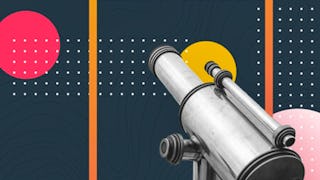 Status: PreviewPreviewU
Status: PreviewPreviewUUniversity of Arizona
Skills you'll gain: Ancient History, Physics, Mechanics, Physical Science, Science and Research, World History, Scientific Methods, Chemistry, Biology, Life Sciences, Engineering, Scientific, and Technical Instruments, Applied Mathematics
4.6·Rating, 4.6 out of 5 stars42 reviewsBeginner · Course · 1 - 3 Months
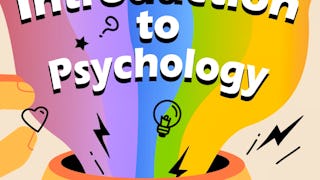 Status: PreviewPreviewN
Status: PreviewPreviewNNational Taiwan University
Skills you'll gain: Human Development, Psychology, Mental Health Diseases and Disorders, Child Development, Human Learning, Stress Management, Scientific Methods
4.6·Rating, 4.6 out of 5 stars12 reviewsBeginner · Course · 1 - 3 Months
- Status: PreviewPreviewS
Sapienza University of Rome
Skills you'll gain: Ancient History, Public History, Political Sciences, Art History, European History, World History, Research, Investigation, Social Sciences, Culture, Governance, Scientific Methods, Data Collection, Storytelling
4.4·Rating, 4.4 out of 5 stars322 reviewsBeginner · Course · 1 - 3 Months
 Status: Free TrialFree TrialU
Status: Free TrialFree TrialUUniversidad Nacional Autónoma de México
Skills you'll gain: Life Sciences, Biology, European History, Taxonomy, Specimen Collection, Scientific Methods
4.8·Rating, 4.8 out of 5 stars356 reviewsBeginner · Course · 1 - 4 Weeks
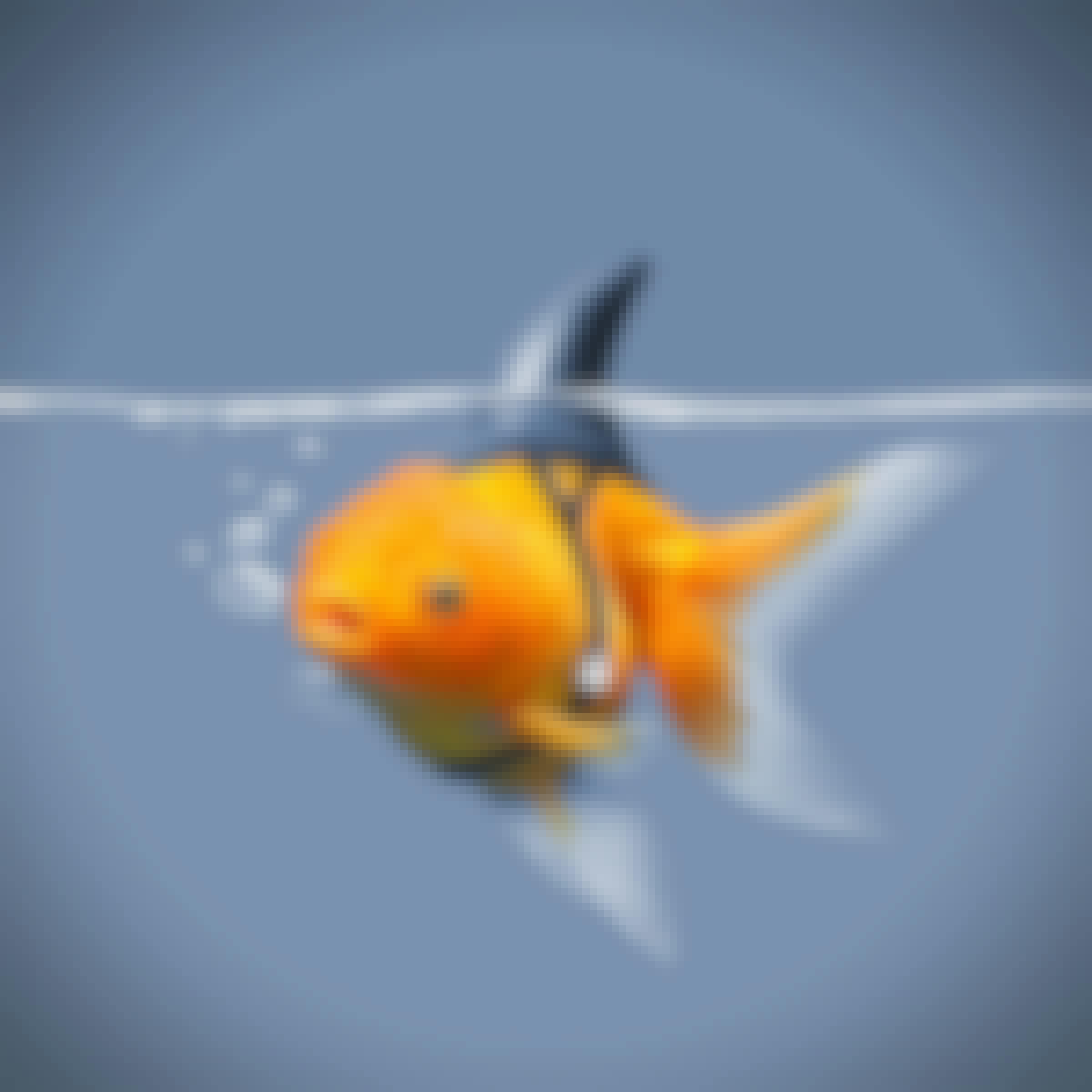 Status: PreviewPreviewU
Status: PreviewPreviewUUniversity of Geneva
Skills you'll gain: Cognitive flexibility, Critical Thinking, Scientific Methods, Learning Strategies, Research, Research Methodologies, Psychology, Media and Communications
4.7·Rating, 4.7 out of 5 stars75 reviewsBeginner · Course · 1 - 3 Months
 Status: Free TrialFree TrialR
Status: Free TrialFree TrialRRice University
Skills you'll gain: Biology, Taxonomy, Anatomy, Microbiology, Mathematical Modeling, Scientific Methods
4.9·Rating, 4.9 out of 5 stars69 reviewsBeginner · Course · 1 - 3 Months
 Status: Free TrialFree TrialA
Status: Free TrialFree TrialAAmerican Psychological Association
Skills you'll gain: Institutional Review Board (IRB), Research, Scientific Methods, Ethical Standards And Conduct, Research Design, Data Collection, Research Methodologies, Informed Consent, Psychology, Research and Design, Cultural Diversity
4.9·Rating, 4.9 out of 5 stars74 reviewsBeginner · Course · 1 - 3 Months
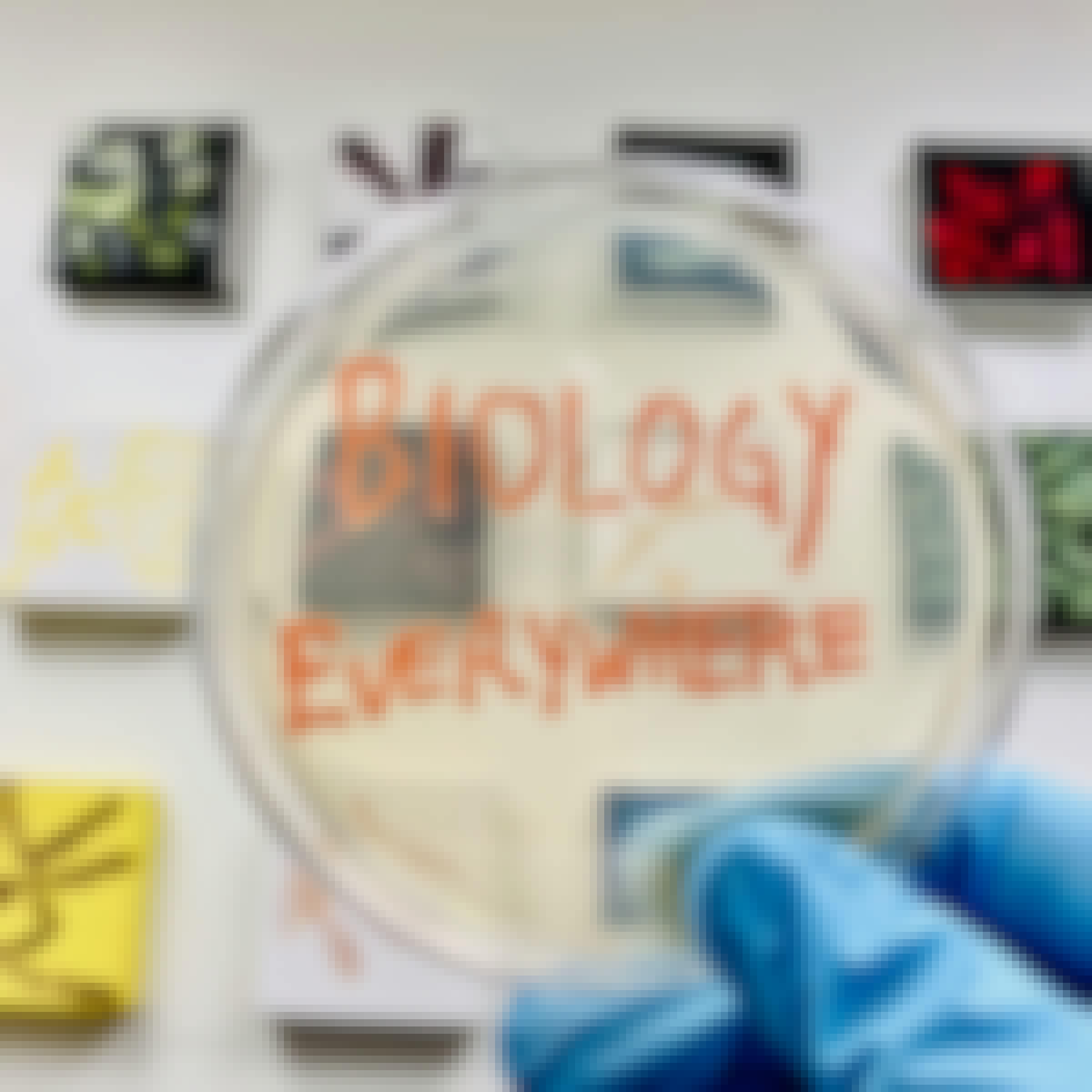 Status: Free TrialFree TrialU
Status: Free TrialFree TrialUUniversity of Colorado Boulder
Skills you'll gain: Biochemistry, Chemistry, Biology, General Science and Research, Molecular Biology, Scientific Methods, Water Quality, Nutrition and Diet
4.5·Rating, 4.5 out of 5 stars233 reviewsBeginner · Course · 1 - 4 Weeks
 Status: PreviewPreviewE
Status: PreviewPreviewEErasmus University Rotterdam
Skills you'll gain: Journalism, Media and Communications, Public Affairs, Research, Technical Communication, Driving engagement, Scientific Methods, Persuasive Communication, Digital Communications, Threat Detection, Interpersonal Communications, Public Policies, Policy Development, Content Creation, Social Sciences, Ethical Standards And Conduct
4.6·Rating, 4.6 out of 5 stars60 reviewsBeginner · Course · 1 - 3 Months
 Status: PreviewPreviewN
Status: PreviewPreviewNNational Taiwan University
Skills you'll gain: Basic Electrical Systems, Electrical Systems, Physics, Electrical Engineering, Electronics, Physical Science, Mechanics, Calculus, Mathematical Modeling, Experimentation, Scientific Methods
4.8·Rating, 4.8 out of 5 stars23 reviewsMixed · Course · 1 - 3 Months
